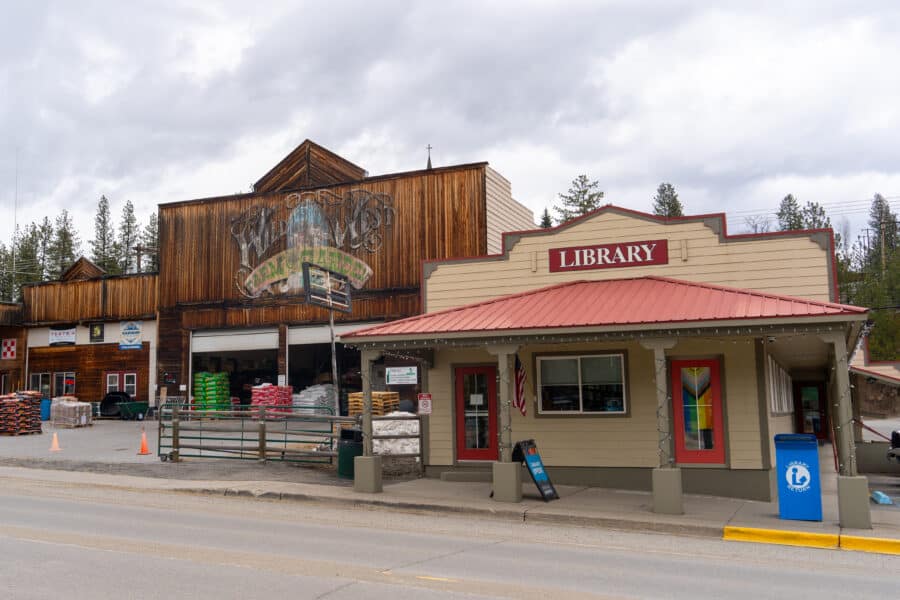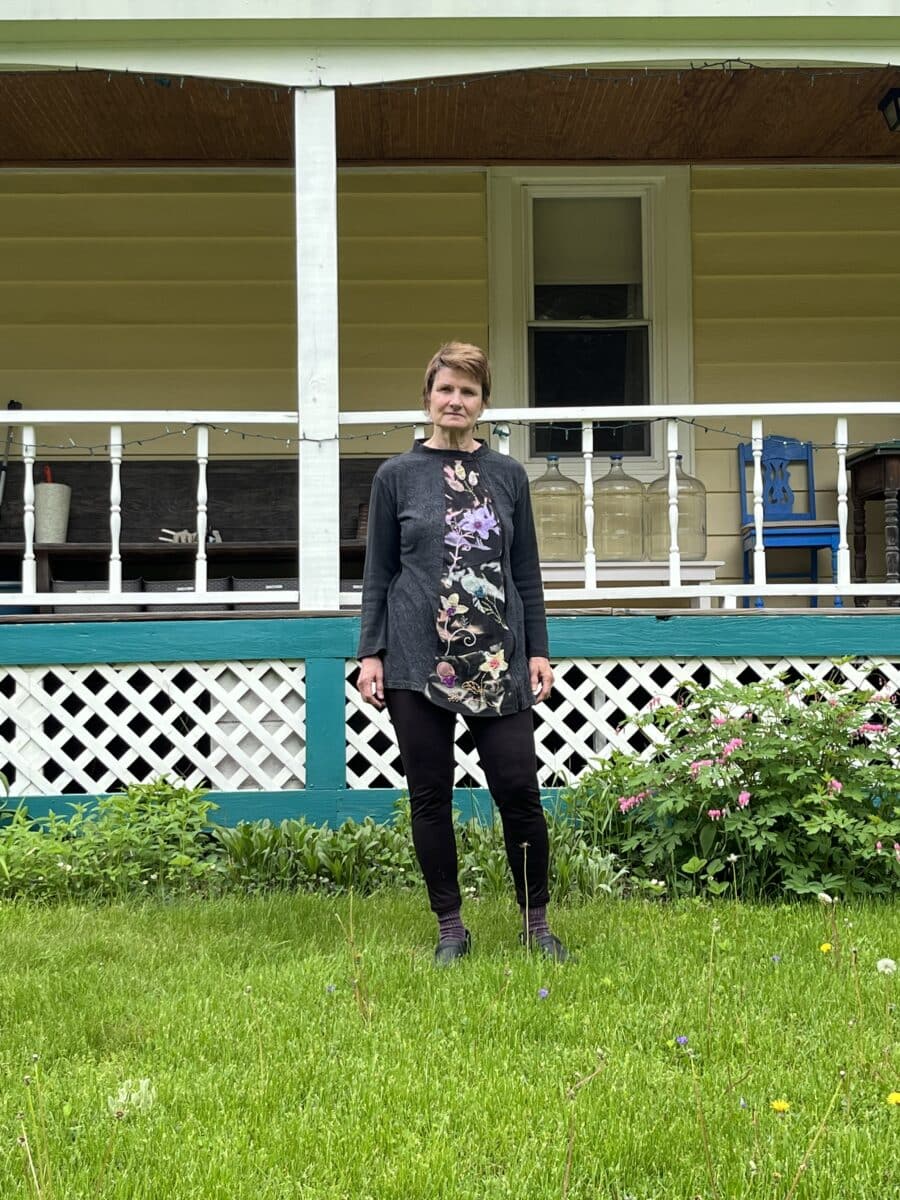Wisconsin is still deeply divided politically, with the November 8 midterm elections showing that little has changed in our state’s political map. Until Wisconsin’s voters are given the chance to elect politicians who are willing to think and act beyond the “party line,” little will change. Farmers will remain in a cycle of low prices, overproduction and ever larger farms. As small farm numbers decline, so does the prosperity of rural communities. Environmental protection takes a back seat to profit and we, as well as future generations, will pay that price.
A Retired Dairy Farmer Reflects on the Wisconsin Midterms
Until we fix gerrymandering, family farmers will make little progress


The big winner in the Wisconsin Midterms was Gerry Mander, a.k.a. gerrymandering. As planned and put into law by Wisconsin’s Republican legislature in 2011, it has worked exactly as intended. Republicans won six of the eight U.S. House seats, thanks to maps that corral the bulk of Democratic voters into two districts, one in Madison and the other Milwaukee. Maps drawn by a nonpartisan people’s commission, as well as maps submitted by the Governor in 2021, were rejected by our conservative State Supreme Court in favor of maps drawn by Republican legislators. The Supreme Court wanted “least change” maps and that’s what they approved: Gerrymandered maps selected for the least change yielded …. gerrymandered maps.
I was redistricted into the Third Congressional District on the western side of the state, which was an open seat following the retirement of incumbent Democrat Ron Kind. Gerrymandering had turned the district Republican leaning, and as planned, the GOP’s candidate, Derrick Van Orden, defeated State Senator Brad Pfaff, 52 to 48.
Pfaff, a native Wisconsinite who grew up on a dairy farm, served as Secretary of Agriculture in Wisconsin and has held senior positions with the U.S. Department of Agriculture Farm Service Agency. He has spent most of his adult life working for farmers and campaigned on thoroughly detailed policy plans and positions. One would think that would have been worth something in a mostly rural district with thousands of farmers.
His opponent, Van Orden, is a former Navy Seal, Trump-endorsed election denier and January 6 insurrection participant. He claimed to have a plan for Wisconsin farmers but never elaborated in any detail. My guess is his plan will be scripted by corporate interests. Outside money and endorsements by big agriculture groups always come with strings attached.
During his campaign Van Orden fueled the fires of the culture wars rather than addressing the needs of farmers. At a prayer breakfast in October, Van Orden said, “There are many God-fearing Christians who are Democrats. There’s not a single God-fearing Christian that is a leftist, because those two things are incompatible.”
When one claims to be a Christian as Van Orden does, it is hard to understand his hypocritical, un-Christian behavior, violent threats, homophobia, and particularly his bragging about the time in the military when he delighted in exposing a young lieutenant’s poison-oak-swollen genitals to “two cute girls” who were his fellow officers.
Van Orden had millions pumped into his campaign from outside GOP funding sources. National Democrats left Pfaff on his own. That funding disparity may have made the difference. Pfaff clearly understood the problems facing Third District farmers and in his policy statements he clearly articulated his plans to correct them. Given the huge funding disparity and Van Orden’s appeal to the Trump base, Pfaff, despite his connection to rural voters, was fighting an uphill battle.
Statewide elections, on the other hand, ignore district boundaries and are always in play. Democrats regularly win statewide elections here. No wonder Republicans are so opposed to citizen ballot initiatives or establishing an independent, citizen-led redistricting commission to draw fair maps that would not provide a political advantage to any party.
Wisconsin, especially rural Wisconsin, can be a strange animal. One still sees campaign signs for Donald Trump and regularly hears disparaging remarks about the “China Virus,” and the liberal elites. Democrats live in rural Wisconsin to be sure, but obviously not as many as there used to be. Like most rural residents, they also feel abandoned by the Democratic Party, a party that always did well when they identified with people who have less.
The Democratic establishment has, at a minimum, lost its ability to communicate progressive values. People do support progressive government programs, even if they don’t know it. They support Social Security, good health insurance, fair elections and elected officials who are able articulate the problems and offer policy solutions, not just offer negative campaign ads, fear and outright lies. Until the Democrats learn to connect with rural people, delivering those progressive values into law, I don’t see how they will garner any rural support. It’s as simple as that. Republicans seem to be able to identify and play to the insecurities of rural America and control the message. They have no plans to actually improve lives in rural America, but they do a damn fine job of getting everyone to believe them. It’s not a level playing field when lies coming out of the Republican Party no longer seem to matter.
Jim Goodman is a retired fourth-generation dairy farmer from Wonewoc, Wis. He a graduate of the University of Wisconsin-Platteville with a B.S. in Animal Science, and also holds an M.S. in Reproductive Physiology from South Dakota State University. Jim and his wife Rebecca ran a 45-cow organic dairy and direct market beef farm in southwest Wisconsin for 40 years. His farming roots trace back to his great-grandparents' immigration from Ireland during the famine and the farm's original purchase in 1848. Jim credits more years of failed farm and social policy than he cares to think about as his motivation to advocate for a farmer-controlled consumer-oriented food system. Jim is a board member of Family Farm Defenders and is the current board president of the National Family Farm Coalition. The ideas expressed here are his own.
Have thoughts or reactions to this or any other piece that you’d like to share? Send us a note with the Letter to the Editor form.
Want to republish this story? Check out our guide.
More from Barn Raiser

For Rural Students, Going to College is Not Easy







